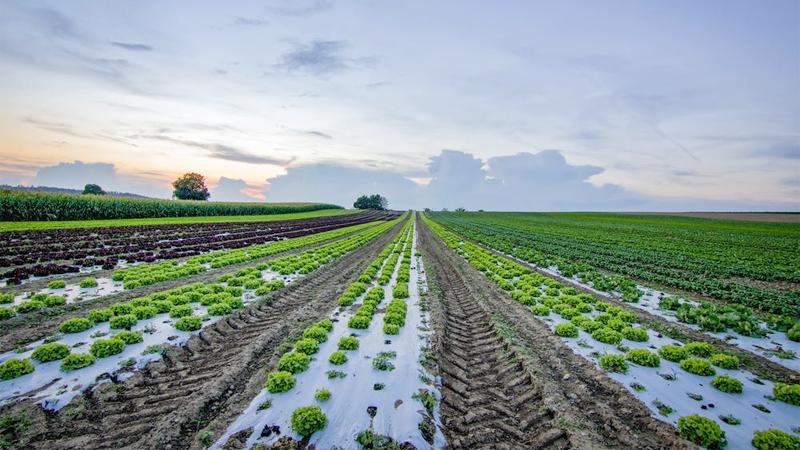
Encouraging organic production with economic incentives is good but the quantity of nutrients needed for crop growth should also be looked into according to a crop expert.
Senior Professor, Weed Science, Department of Crop Science, Faculty of Agriculture, University of Peradeniya, Buddhi Marambe said encouraging organic fertiliser production and use by providing economic or any other incentive, is always good. The use of organic fertilisers helps minimise loss of nutrients from the system, and release them regularly but slowly to the soil for the plants to uptake. However, organic fertiliser (solid or liquid) will not provide the quantities of nutrients needed to support crop growth even to match with the existing production and productivity levels.
The financial incentives given will help integrated plant nutrient systems (IPNS) where synthetic or mineral fertilisers and organic fertilisers are applied together to maximise the benefits of both inputs.
The Government decided to grant Rs. 12,500 per hectare for organic production to farmers last week to encourage the use of organic fertiliser among farmers.
According to Agriculture Minister Mahindananda Aluthgamage the Government had taken steps to import the nitrogen extract needed to manufacture organic fertiliser.
Prof. Marambe said using organic fertiliser alone will not help even the transition, where reduction in productivity and production is unavoidable. There may be efforts to overcome the problem to a certain extent by enriching the nutrient content of organic fertiliser by using external sources of organic or natural origin.
The use of biofertiliser will also help to a certain extent to mitigate the nutrient gap of crops grown only with organic matter. But all in all, synthetic fertiliser is an essential component in providing plant nutrition to achieve expected higher yields from fertiliser-responsive high-yielding crop varieties, and assuring food security of the nation.
Organic farming commenced in the early 20th century in reaction to rapidly changing farming practices. Certified organic agriculture accounts for 70 million hectares globally, with over half of that total in Australia.
Organic farming continues to be developed by various organisations today. It is defined by the use of fertiliser of organic origin such as compost manure, green manure, and bone meal and places emphasis on techniques such as crop and companion planting.
Biological pest control, mixed cropping and the fostering of insect predators are encouraged. Organic standards are designed to allow the use of naturally occurring substances while prohibiting or strictly limiting synthetic substances. For instance, naturally occurring pesticides such as pyrethrin and rotenone are permitted, while synthetic fertilisers and pesticides are generally prohibited.
Organic agricultural methods are internationally regulated and legally enforced by many nations, based in large part on the standards set by the International Federation of Organic Agriculture Movements (IFOAM), an international umbrella organisation for organic farming organisations established in 1972.
Organic agriculture can be defined as “an integrated farming system that strives for sustainability, the enhancement of soil fertility and biological diversity while, with rare exceptions, prohibiting synthetic pesticides, antibiotics, synthetic fertiliser, genetically modified organisms, and growth hormones.”
